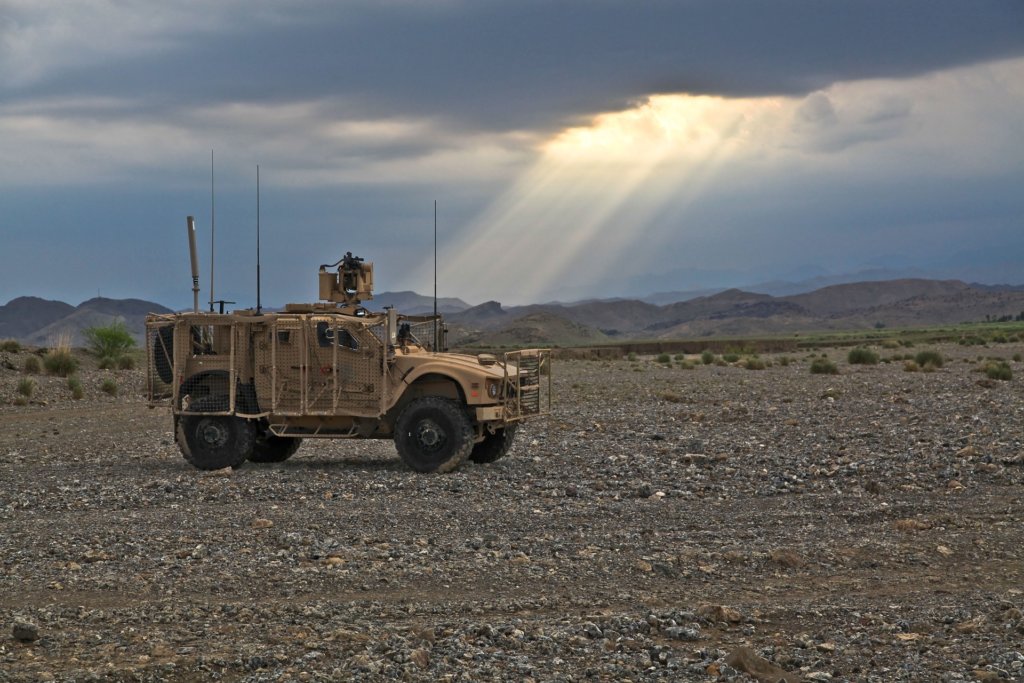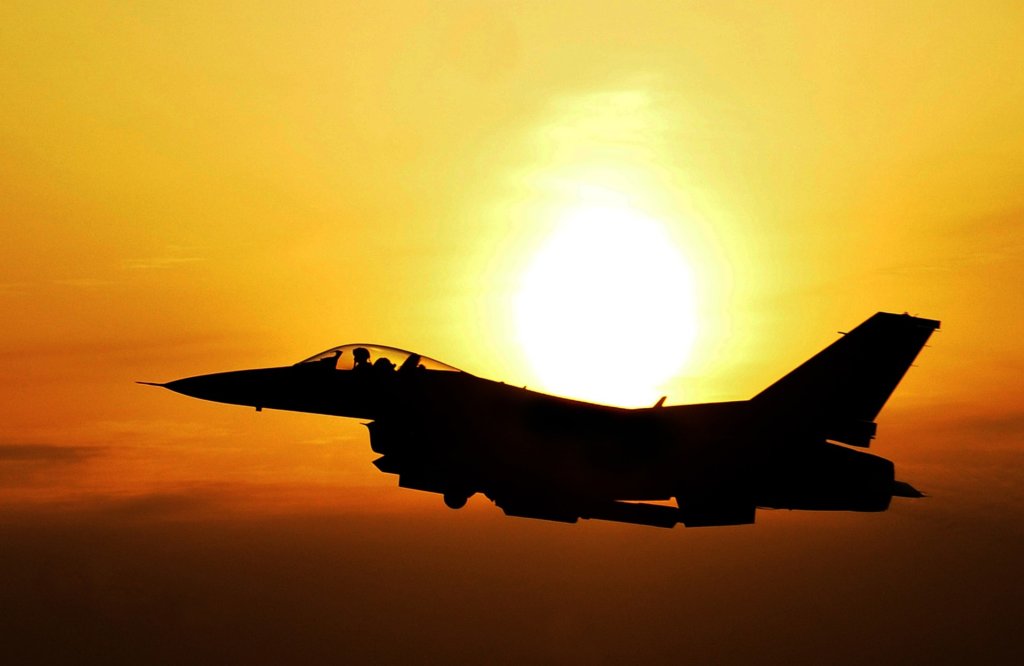Temperature sensors have played a considerable part in the manufacturing processes of different industries, including power generation, oil and gas, aerospace and many other industries. Companies are constantly becoming more conscious of the need for sensors to ensure optimal operations for their business including the defense departments that countries highly depend on to ensure safety.
If you are wondering how temperature sensors support the department of defense, continue reading for more insight into how they do it.
How do sensors benefit defense?
All machinery used in the defense goes through different extremes, including high vibrations, high temperature, severe shock, and high acceleration. Temperature sensors are a cost-effective way to ensure the reliability of machinery. Sensor technology is one way to achieve highly effective military operations by sensing in high-temperature environments, like the hot zones of internal-combustion and turbine engines.
Resistance temperature detectors (RTDs) are built to work in extreme temperatures of -40F and +300F as they provide more accurate, stable, and dependable sensor data. They work by core-relating the resistance of the element to temperature. They range from two-wired to four-wired RTDs and are highly dependable.
Military vehicles’ on-board systems are exposed to punishing temperatures, dirty environments and high shock and vibration loads while still requiring peak performance over extended periods with minimal maintenance. Being robust in nature and providing a fast temperature sensing solution, these temperature sensors are suitable for extreme temperatures, RFI, EMI and vibrations. RTDs durability goes a long way since the work environment for the department of defense is not one in which the team has access to services such as frequent repairs.
Thermocouples also benefit the defense as they are fast temperature-sensing solutions. The processes used in defense require pressure controls, vibration controls, and temperature controls. The sensor data is beneficial in knowing the elements of the machinery to control it to prevent a disaster or to ensure the machinery lasts longer.
What defense equipment uses sensors?
Aerospace and defense temperature sensors are used in a wide range of mission-critical systems, including motion control and liquid cooling. Temp-Pro’s reliable selection of aerospace and defense sensors includes thermocouples, thermistors, and RTD-type sensors; these sensors are equipped with specific lead wire materials, lead configurations, and temperature ranges, and are well-suited for both extremely hot and cold applications.
Temp-Pro can design, build, test and deliver high quality cable and wire harness assemblies for our defense industry clients. Applications of our cable and wire harness assemblies include Military, Automotive Industry, Process Technology, Machine Engineering, Industrial Manufacturing, Research and Development and Aerospace. Temp-Pro manufactures harness assemblies for commercial and military applications including submarines, ships, aircraft and tanks.
Assemblies are manufactured, packaged and shipped under strict quality guidelines – these guidelines comply with all military and defense applications. Some of these are: MIL-T-45208, MIL-S-45743, MIL-STD-687, MIL-STD-130, MIL-STD-2000, MIL-W-5846, MIL-S-6872, MIL-E-45782, MIL-T-43435.Commercial or military grade connectors are available. We have the capacity to produce large or small orders with deliveries to satisfy your requirements.
While most might undermine the use of sensors in defense, most machinery requires sensors. Examples include military vehicles, aircraft, marines, and spacecraft. Heavy-duty Military Vehicles have developed into sophisticated and extremely rugged vehicles that operate in all kinds of extreme weather and terrain conditions. Their on-board systems are exposed to punishing temperatures, dirty environments and high shock and vibration loads while still requiring peak performance over extended periods with minimal maintenance. Temperature sensors such as thermocouples, that can withstand -200 degrees Celsius, help regulate temperatures in these extreme environments.
What are some of the unique difficulties temperature sensors assist with?
With the extreme temperature the defense operates in, they require temperature sensors that are durable and dependable. Temp-Pro offers a fast response immersion type RTD. This fast response, platinum probe resistance temperature detector is designed for a wide range of temperature measurements in corrosive or non-corrosive liquids or gasses.
Just as we do with the Aerospace industry, Temp-Pro supports a variety of Defense industry clients to ensure the optimal operation of equipment and systems that keep our country safe.
Whether used for the manufacturing of military vehicles or air defense systems, aerospace and defense sensors are a critical part of exact positioning, pressure control, temperature control, and vibration control.
Science and technology have made it possible for the temperature sensor to rely on real time data. For this industry, sometimes military vehicles are repaired once in several months. The temperature sensor works as a warning that helps the team fix the issues before the damage.
Takeaways
- Sensors in defense assist in monitoring high vibration, extreme temperatures, shock and acceleration.
- Sensors in defense are effective as they withstand extreme temperatures.
- Temperature sensors for defense are used in military vehicles, aircraft, marines, and spacecraft.
- Thermocouples have a wide range of operating temperatures.
- RTDs are accurate and have a long life, thus being dependable for defense.
Sensor technology continues to evolve, with wireless sensors coming into the market. Temp-Pro has over 50 years’ experience and acts as an intermediary between our defense clients and system integration partners.
We have the capacity to produce large or small orders with deliveries to satisfy your requirements. You will get all the services under one roof with comprehensive guidance and installation. Temp-Pro is a one-call way to help you decide what works best for you.



